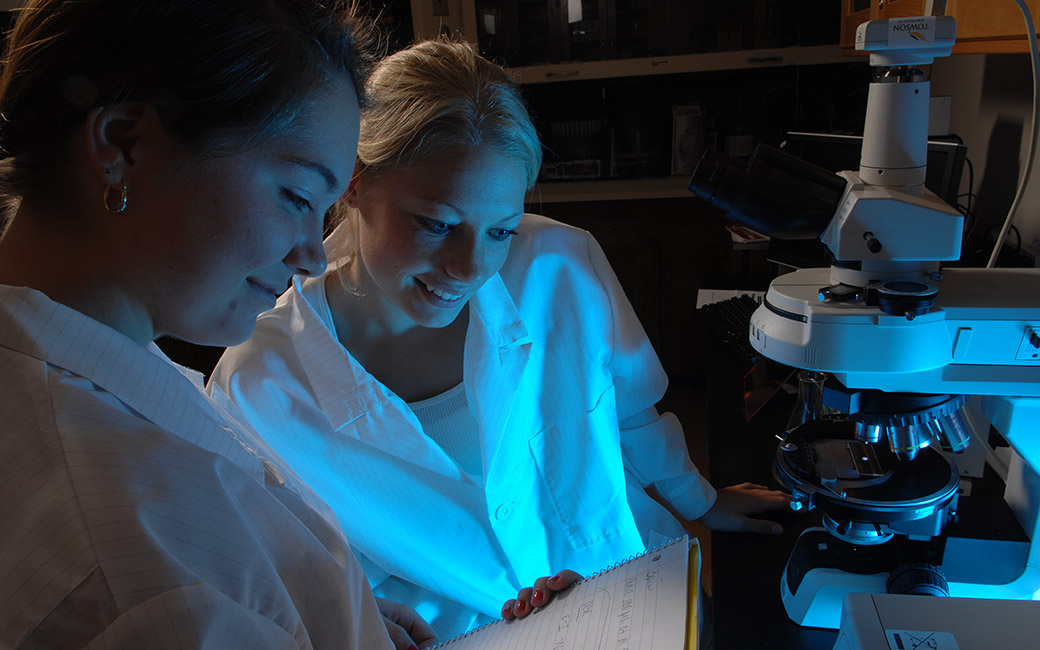Women in Science Program

Mission:
Although increasing numbers of women in the U.S. are being trained for scientific careers, there are some fields in which the numbers of women scientists are still unacceptably low. This is particularly true of the physical sciences, mathematics and computer science. Even when we enroll women students in our undergraduate and graduate programs, far too many declared science and mathematics majors drop out of our programs. Nationally, only sixteen percent of employed scientists and engineers are women. Furthermore, when young women enter academia in the hard sciences, they encounter barriers to their advancement. For example, women faculty are less represented in the higher ranks than are their male colleagues: less than 1% of women engineers and 7% of women scientists reach full professor status. There is also compensation inequality among men and women academics. Women scientists earn 25% less than their male colleagues. Most significantly, very few women scientists and engineers are found in positions of academic leadership.
This state of affairs must be changed: our complex world requires the talents of both male and female scientists to help solve the global problems we face now and in the future. We also recognize that we need both talented male and female scientists to design programs of study that are effective, attractive and interesting to our increasingly diverse student body. Leadership in science and mathematics must also draw on both genders in the decision-making processes that will define the future of science in our country.
Program Goals:
- To create a cooperative and female-friendly learning and working environment for both students and faculty.
- To enhance the enrollment and retention of female students in the experimental sciences.
- To enhance recruitment, mentoring, retention and visibility of female faculty in the natural, physical, mathematical and computing sciences with an emphasis on those fields where women are underrepresented.
- To develop leadership skills for career development.